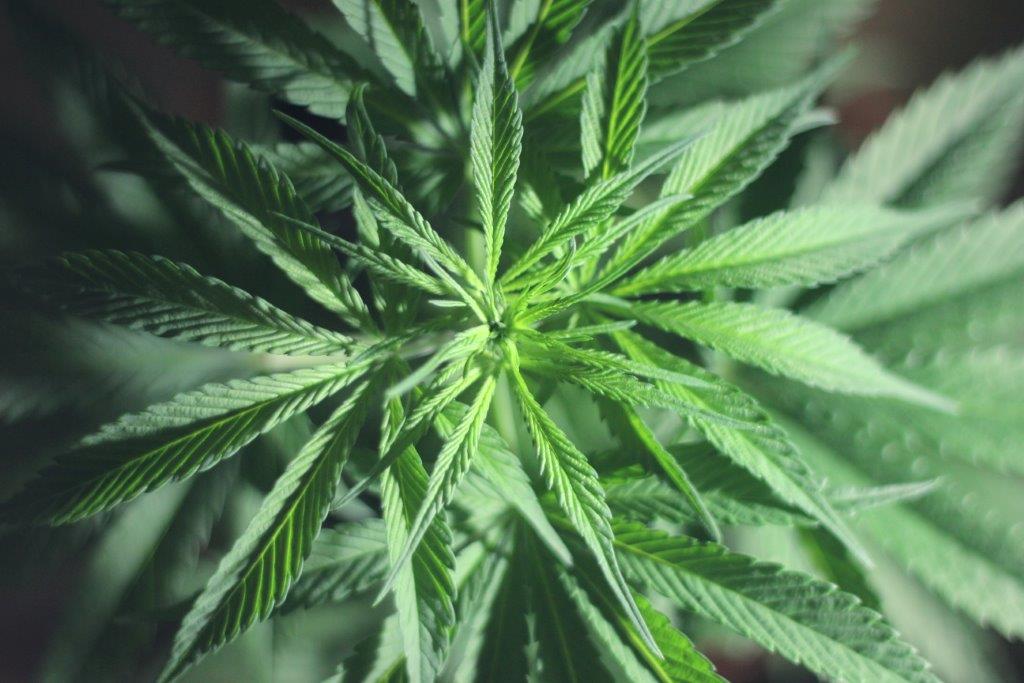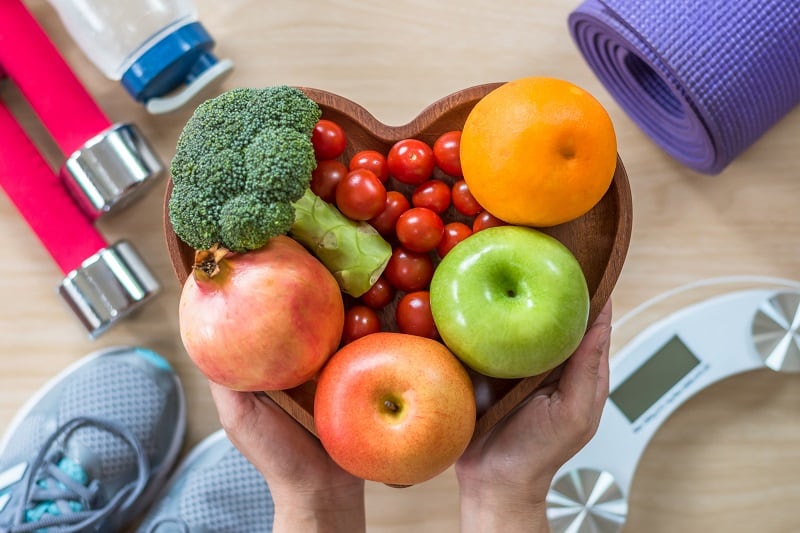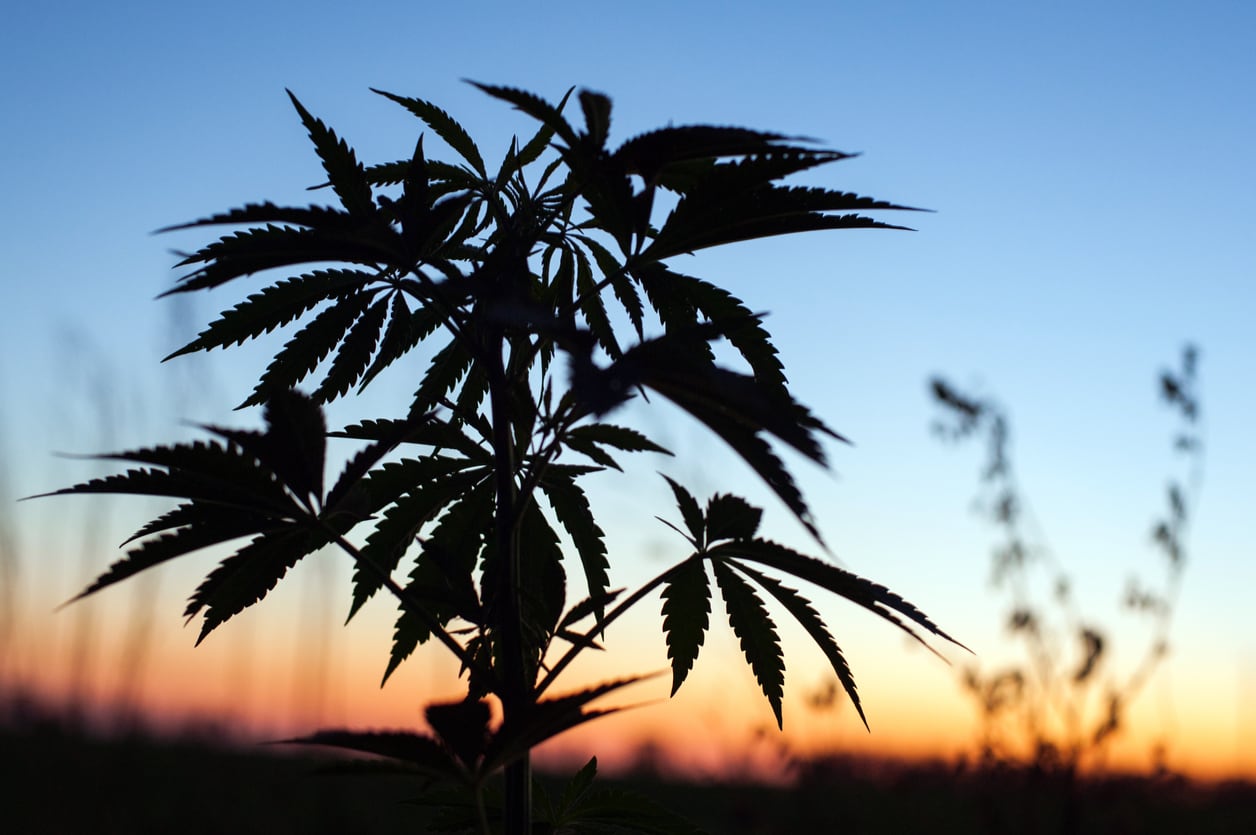As more and more consumers become eager to try food and drink containing CBD, producers are keen to meet demand for edible goods containing the CBD compound. Today, CBD is found in supplements, infused into teas and coffees, or added cocktails, confectionary and a variety of other edibles.
Products that contain CBD, however, must comply with complex legal and regulatory requirements before hitting the market in Europe. CBD food producers have been grappling with restrictions set at EU level, as well as ensuring they’re meeting national regulations.
Desire to bring CBD food and drink products onto the market remains high, although ensuring these goods are fully compliant with new regulations has created additional complexities that must be overcome.
What are cannabinoids?
CBD is generally made from the Cannabis sativa L. plant, which is a variety of industrial hemp.
The plant itself is made up of nearly 500 different compounds and of these, around 100 are cannabinoids. Depending on the compound, these have either psychoactive or non-psychoactive effects.
CBD is one of these non-psychotic compounds. It is now commonly – but often, not legally - found in food products such as dietary supplements or tinctures. Products containing CBD must have low or no levels of Delta-9-tetrahydrocannabinol (‘THC’) – the psychoactive compound that causes the ‘high’ associated with cannabis. Certain member States (but not all, for instance, Belgium has zero tolerance) permit products containing less than 0.2% of THC.
CBD and THC: A regulatory perspective
All cannabinoids interact with the human body through what’s known as the endocannabinoid system, which regulates several of the body’s functions. Both THC and CBD are cannabinoids, but the main difference is the interaction they have with the brain (however ingested).
The low level of THC in foods and drinks is key because it is this compound that’s responsible for the principal psychoactive effects of cannabis when ingested – in other words, human consumption of certain amounts of THC will get consumers ‘high.’ To have any such psychoactive effect, a considerably higher rate of THC would have to be consumed than the accepted 0.2% limit for food and drink.
CBD has no such psychoactive effect. Instead is thought to affect different brain processes that influence things like mood or pain, without any of the ‘high’ associated with consumption of THC.
As a result of the divergent effects of THC and CBD, the compounds are could be considered very differently in terms of their regulation.
Food law aside, it is worth noting that the classification of cannabinoids is exceptionally complex, according to the European Food Safety Authority. There are still unanswered questions that relate to whether including THC in food is safe.
CBD in food and drink: The food law basics
In a bid to at least partially clarify the regulatory landscape that surrounds CBD food and drink, in January 2019, the European Commission and the Member States agreed to review the Novel Food regulation (Regulation 2015/2283) and amend previous entries in the Novel Food catalogue in relation to any food products that contain CBD, as well as references to the Cannabis sativa L. plant.
EU legislation states foods which were not available for human consumption within the Union before 15 May 1997 are considered Novel Foods, which require further risk assessment and authorization before they can be sold in the EU market.
As a result of the amendments to the Novel Food catalogue, some products that are derived from Cannabis sativa L. are not considered novel when using certain parts of the plant. This includes seeds, seed oil, hemp seed flour, defatted hemp seed and other products derived from the plant. To be applicable, the varieties of Cannabis sativa L. used must be registered in the EU’s ‘Common Catalogue of Varieties of Agricultural Plant Species.’
The amended entry in the Novel Food catalogue that relates to CBD now classifies CBD as a Novel Food type – a decision which was taken because the compound doesn’t have a long-standing history of consumption in the EU and the European Commission was not convinced by the evidences provided by the trade associations. The rule applies to both plant extracts or synthetically obtained CBD and includes the extracts themselves as well as any food products the CBD is added to.
Pre-market authorisation under Novel Food regs
Producers wishing to sell products in the EU that contain food and drink with hemp extract or CBD are therefore required to follow the relevant process as set out in the Novel Food procedure.
As part of this process, food or drink producers will be required to present a case that shows CBD is a safe, albeit novel, ingredient in food and beverages if consumed in certain amounts.
What does this mean for CBD foods already on the market?
We have already seen a lot of food, drink and other edible CBD products in the European market
This can give consumers the impression that these goods are approved at EU level. Many purchasers assume that if the sale of products was not approved by EU food safety regulators, it wouldn’t be possible to find them for sale. As we see with the abundance of readily-available CBD products for purchase in Europe, this isn’t always the case. It is worth noting the increasing number of RASFF safety notifications.
A parallel can be drawn with insects as a food source. We now regularly find insects for sale in stores but, as yet, this food group doesn’t have Novel Food authorization.
Legally speaking, any food not expressly approved by the EU is considered as ‘unsafe’. Given the EU’s last ruling on the topic, CBD food and drink currently fall into this categorisation. As a result, except in some Member States where some hemp oils with a THC level less than 0.2% and a very simple process of extraction are permitted, any CBD food or drink product on the market in the EU is not compliant with EU Novel Food laws.
Transition measures allow products legally on the market before 1 January 2018 to remain on sale until an authorisation decision is made, as long as they file for novel foods approval before January 2020. However the implementation of the transitional measures with regard to CBD food seems difficult since almost none of the products currently on the market could be considered as lawfully placed.



